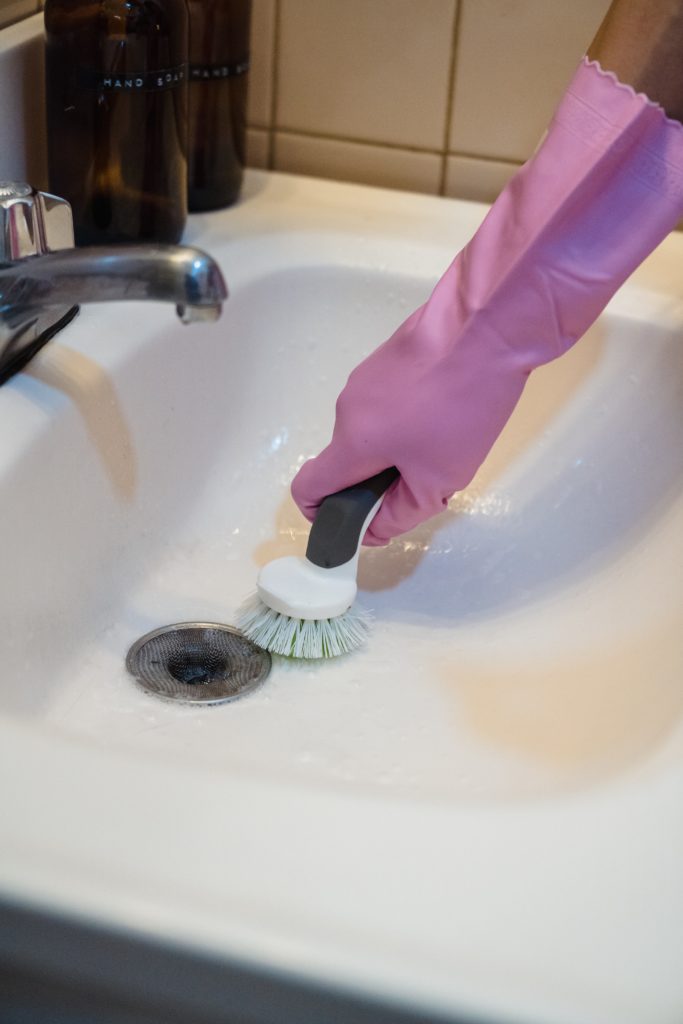Proper drain and pipe maintenance is essential for maintaining a smooth-running and efficient plumbing system in your home. Neglecting this aspect can lead to costly repairs and potential damage. To help you keep your drains and pipes in tip-top condition, I’ve compiled a list of essential tips that will keep your plumbing system running smoothly and efficiently.
Be mindful of what goes down the drain
To prevent clogs and blockages, be cautious about what you put down your drains lest you need the help of professional plumbing services to fix your problem. Avoid pouring cooking grease or oil down the sink in the kitchen, because they can solidify and cause blockages. Instead, collect the grease in a container and dispose of it in the trash. Also, use a sink strainer to catch food particles and other debris.
In the bathroom, use drain protectors to prevent hair and soap scum from going down the drain. Regularly clean the drain protectors to maintain their effectiveness.
Flush your drains often
Flush your drains regularly with hot water to help break down and remove any buildup of grease, soap, or other debris. This can be done by simply running hot water down the sink for a few minutes. For a more thorough cleaning, pour a mixture of hot water and vinegar down the drain, followed by more hot water after about 15 minutes. This will help dissolve and wash away any stubborn buildup.
Invest in a high-quality plunger
A good-quality plunger is an essential tool for any homeowner. It can help you quickly and effectively deal with minor clogs and blockages without the need for harsh chemicals or professional intervention. Make sure you have a plunger on hand for both your toilet and sink, as different types of plungers are designed for specific uses.
Avoid using chemical drain cleaners
While chemical drain cleaners may seem like a quick and easy solution to unclogging your drains, they can cause more harm than good. The harsh chemicals can erode your pipes, leading to leaks and other issues over time. Instead, opt for more natural solutions like hot water and vinegar, or use a plunger or plumber’s snake to clear blockages.
Keep an eye on your water pressure
High water pressure can put unnecessary stress on your pipes and fixtures, leading to leaks and damage over time. Invest in a water pressure gauge to monitor the pressure in your home and ensure it stays within the recommended range (typically between 40-60 psi). If your water pressure is consistently too high, consider installing a pressure regulator to protect your plumbing system.
Schedule regular professional inspections
While DIY maintenance and care are essential, it’s also crucial to have your plumbing system professionally inspected periodically. This will ensure it stays in tip-top condition and that any problems are spotted early on.
By following these tips and adopting a proactive approach to drain and pipe care, you can help prevent costly repairs and ensure that your plumbing system remains in excellent working order. A little maintenance goes a long way!

Leave a Reply